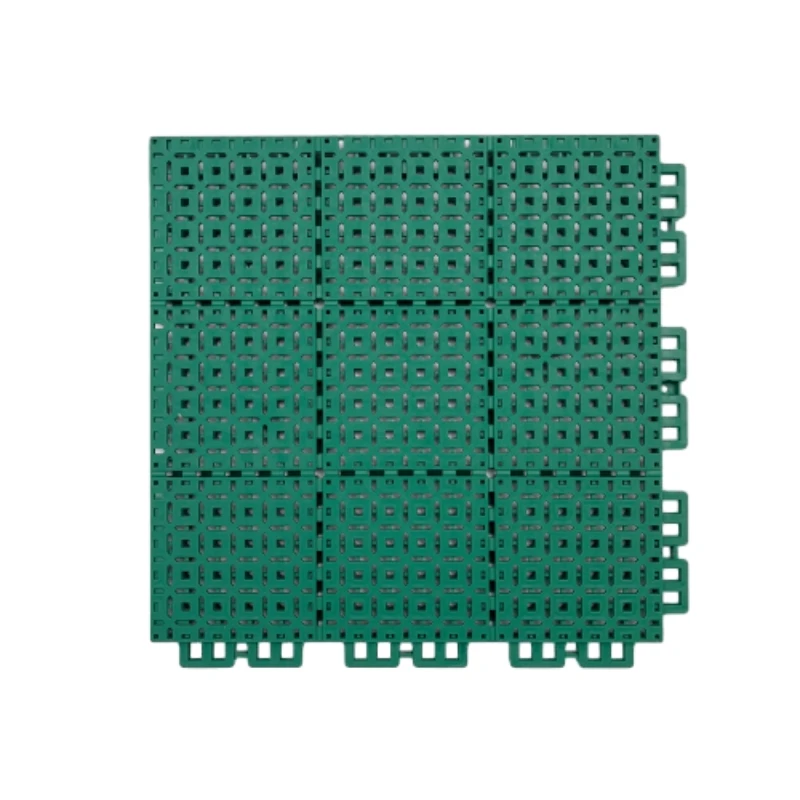Is PVC Vinyl Flooring Safe for Your Home and Family Health?
Is PVC Vinyl Flooring Safe?
Vinyl flooring has gained immense popularity in recent years, and one of its most common forms is PVC (polyvinyl chloride) vinyl flooring. Homeowners and builders often choose PVC vinyl for its durability, affordability, and wide range of designs. However, as with any building material, safety concerns can arise. This article aims to address these concerns and provide a comprehensive overview of whether PVC vinyl flooring is safe for use in homes and commercial spaces.
What is PVC Vinyl Flooring?
PVC vinyl flooring is manufactured using polyvinyl chloride, a synthetic plastic polymer. It can mimic the appearance of natural materials like wood and stone while offering a resilient surface that is resistant to water and stains. Available in various styles and patterns, PVC vinyl flooring is often chosen for its ease of maintenance and cost-effectiveness.
Safety Concerns Regarding PVC Vinyl Flooring
1. Chemical Release One of the primary concerns surrounding PVC vinyl flooring is that it can release volatile organic compounds (VOCs) into the air. VOCs are chemicals that can contribute to indoor air pollution and cause health issues, especially in poorly ventilated spaces. It is important to note that many manufacturers now offer low-VOC or zero-VOC options, which can mitigate these risks.
2. Phthalates Historically, phthalates have been used as plasticizers in PVC products to enhance flexibility and durability. Some phthalates have been linked to health issues, including hormonal disruptions and developmental problems. However, many flooring manufacturers have begun phasing out harmful phthalates from their products, complying with stricter regulations and standards.
3. Formaldehyde Another potential concern is the presence of formaldehyde, which is sometimes found in adhesives and finishes used in vinyl flooring. Formaldehyde exposure can lead to respiratory problems and other health effects. When purchasing vinyl flooring, it is advisable to look for products that explicitly state they are formaldehyde-free or compliant with safety standards.
4. Installation and Maintenance The safety of PVC vinyl flooring can also be influenced by installation practices and long-term maintenance. Improper installation may lead to issues such as mold and mildew growth, which can affect indoor air quality. It is crucial to hire professional installers and to ensure proper sealing and maintenance of the flooring over time.
is pvc vinyl flooring safe

Benefits of PVC Vinyl Flooring
Despite the potential safety concerns, PVC vinyl flooring has several advantages that often outweigh the risks when proper precautions are taken
- Water Resistance PVC vinyl flooring is highly resistant to moisture, making it an excellent choice for areas prone to spills, such as kitchens and bathrooms.
- Durability The material is known for its resilience and can withstand heavy foot traffic, making it suitable for both residential and commercial spaces.
- Ease of Cleaning PVC vinyl flooring is relatively easy to clean and maintain. Regular sweeping and occasional mopping are usually sufficient to keep it looking its best.
- Variety of Designs The ability to replicate various textures and styles makes PVC vinyl flooring a versatile choice that can fit into almost any décor.
Conclusion
In conclusion, PVC vinyl flooring can be safe for use in homes and businesses, provided that consumers make informed choices. Opting for products that are low in VOCs and free of harmful chemicals such as phthalates and formaldehyde is critical. Additionally, ensuring proper installation and maintenance will further enhance the safety and longevity of the flooring.
As the industry evolves, advancements in manufacturing processes continue to reduce the potential health risks associated with PVC vinyl flooring. With careful selection and responsible use, homeowners can enjoy the many benefits of this flooring option without compromising safety. Always check for certifications and consult with professionals when making flooring decisions to ensure a safe and healthy environment.
-
Commercial Parquet Flooring: Considerations of Aesthetics, Practicality, And SustainabilityNewsApr.15,2025
-
PVC Sports Flooring: Performance, Applications, And Development TrendsNewsApr.15,2025
-
PP Interlocking Floor: a Paving Solution That Combines Functionality and SustainabilityNewsApr.15,2025
-
Plastic Flooring Tiles Outdoor: Practicality, Sustainability, And Development ProspectsNewsApr.15,2025
-
On the Application of PVC Flooring for Badminton Court in Badminton VenuesNewsApr.15,2025
-
Commercial Wood Flooring: the Balance Between Aesthetics, Functionality, And SustainabilityNewsApr.15,2025
-
The Ultimate Guide to Futsal FlooringNewsMar.27,2025

